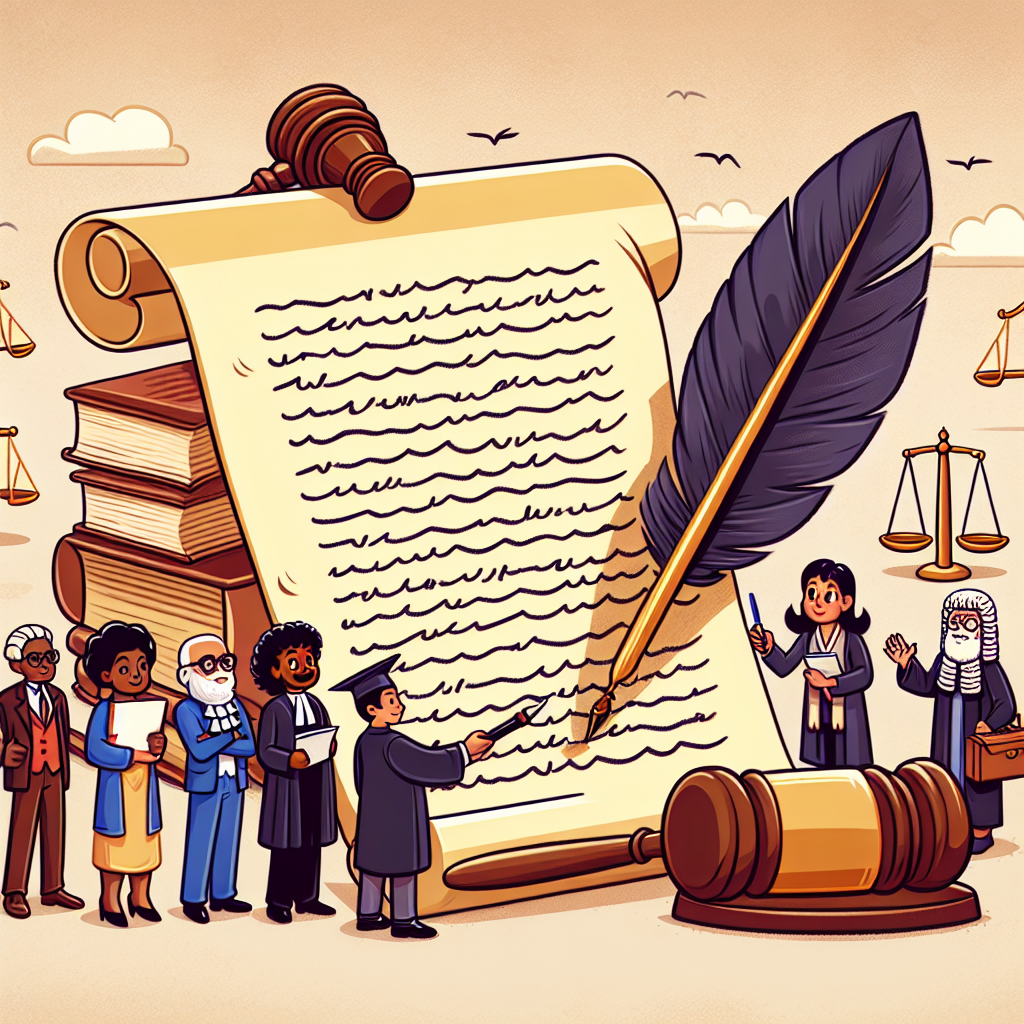Ortega's Constitutional Overhaul: Power in Nicaragua
Nicaragua's President Daniel Ortega secured approval for constitutional reforms to extend his control, prompting U.N. concerns about authoritarianism and human rights. Reforms include expanding presidential powers over legislative and judicial branches, using the army for policing, and allowing indefinite presidential re-election, sparking criticism of power consolidation.

Nicaragua's President Daniel Ortega received the green light for sweeping constitutional reforms aimed at consolidating power. Approved unanimously by Congress, the reforms extend Ortega's control over other government branches, alarming critics and raising international concerns about increasing authoritarianism in Nicaragua.
These changes empower the presidency with judicial and legislative coordination, military deployment to assist the police, and strengthen state media control. A significant amendment grants Ortega's wife, Vice President Rosario Murillo, the role of 'co-president,' creating speculation over a dynastic succession involving their children.
The reforms came under sharp scrutiny from global human rights bodies, including the United Nations, which highlighted potential violations of international obligations. Ortega, once a revolutionary figure, now faces criticism for cementing an authoritarian regime just as he embarks on his fourth consecutive presidential term.
(With inputs from agencies.)
ALSO READ
Judiciary Triumphs: Kavitha's Liberation in Politically Charged Liquor Case
Judiciary Triumphs: Anna Hazare on Kejriwal's Exoneration in Excise Case
Judiciary cut through web of lies in Delhi excise policy case, says ex-CM KC Rao's daughter Kavitha.
NCERT book row: CJI Suyra Kant says there appears to be a deep-rooted, well planned conspiracy to defame judiciary.
SC orders seizure of physical, digital copies of NCERT book in circulation over chapter on judiciary corruption.










